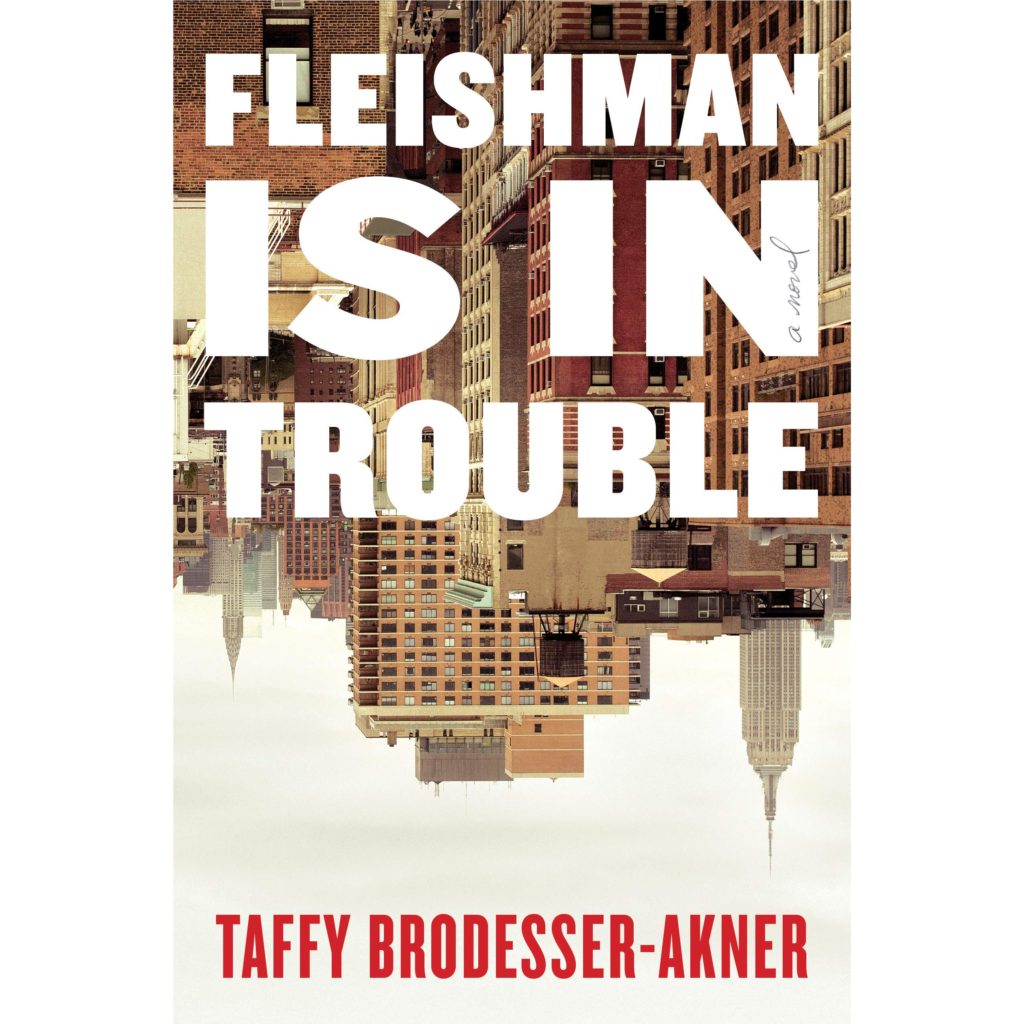
Description: The book blurbs reference Philip Roth and John Updike but to me this is Bonfire of the Vanities meets The Great Gatsby. Regardless, it’s a remarkable debut novel by Taffy Brodesser-Akner and has the feel of an amazing personal account with embellishment.
Toby Fleishman is a well-respected New York doctor earning $285K. But his wife Rachel is the true breadwinner and the more ambitious partner. She wants (and has) the house in the Hampton’s, she runs a successful talent agency, she works out at the right yoga gyms with the right people, but it’s never enough. She’s driven to achieve more and more. She puts her career above her family and Toby is the working dad who leaves on time to pick up the kids, who makes the dinners, and is on hand for homework and parental duties like fundraisers and parent conferences.
The Fleishman’s are a modern-day family and Rachel battles sexism in her job, friend circle, and family. She’s the absentee parent who loves her children but feels wrecked by them. The Fleishman’s whole world really goes topsy turvy though when Rachel disappears. She drops the kids off unexpectedly with Toby then vanishes. She’s 3 weeks late picking up the kids, and by her standards that’s late.
Brodesser-Akner structures this novel in a fascinating way where we have Toby’s point of view for 3/4 of the novel and Rachel’s at the end. The tale is narrated by Elizabeth, a mutual friend (well mostly Toby’s friend from university), and through her perspective we see a big unraveling of the structure of marriage, the competitive nature of New Yorkers, and feminism and in the workplace.
Perfect read for fans of Tom Wolfe, JD Salinger, or Edith Wharton. I love the writing. This is a classic like Bonfire of the Vanities (Tom Wolfe) or The Great Gatsby in its shrewd observations of this moment in time. From afar, it looks like a perfect portrait of New York society and a careful re-construction of the pain and endless questions prompted by divorce. Brodesser-Akner dutifully probes the behaviour and psychology of upper-class New Yorkers in the style of long-form magazine prose.